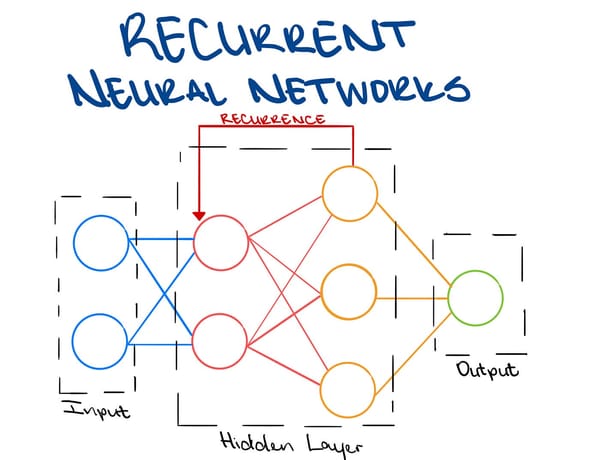
Mastering the Art of Hooks
Certainly! In the context of programming, "hooks" generally refer to a mechanism that allows developers to insert custom code into certain points of a software application or system. Hooks are widely used in various programming paradigms, and they serve different purposes depending on the context. Here are some common types of hooks and their purposes:
- Function Hooks:
- Purpose: Modify or extend the behavior of a function without directly modifying its source code.
- Importance: Provides a way to customize or enhance existing functionality without changing the core logic of the program. This is often used in libraries and frameworks to enable extensibility.
- Event Hooks:
- Purpose: Allow developers to subscribe to and respond to specific events or triggers within an application.
- Importance: Enables decoupling of components, making it easier to extend or modify behavior when certain events occur. This is commonly used in event-driven architectures.
- Lifecycle Hooks:
- Purpose: Execute custom code at specific points in an application's lifecycle, such as during initialization, start-up, or shutdown.
- Importance: Provides control over the application's lifecycle and allows developers to perform setup or cleanup tasks as needed.
- React Hooks:
- Purpose: Introduced in React, these are functions that allow functional components to use state and lifecycle features that were previously only available in class components.
- Importance: Simplifies the management of state and side effects in React components, making functional components more powerful and concise.
- Git Hooks:
- Purpose: Scripts that Git executes before or after certain events such as commits, pushes, or merges.
- Importance: Helps maintain code quality, enforce coding standards, or trigger automated tasks based on specific Git actions.
The importance of hooks lies in their ability to make software more modular, extensible, and maintainable. They promote the separation of concerns by allowing developers to add or modify functionality without directly altering the existing codebase. This not only facilitates code organization but also encourages best practices such as modularity and reusability. Additionally, hooks play a crucial role in enabling the implementation of advanced features in various software architectures.






